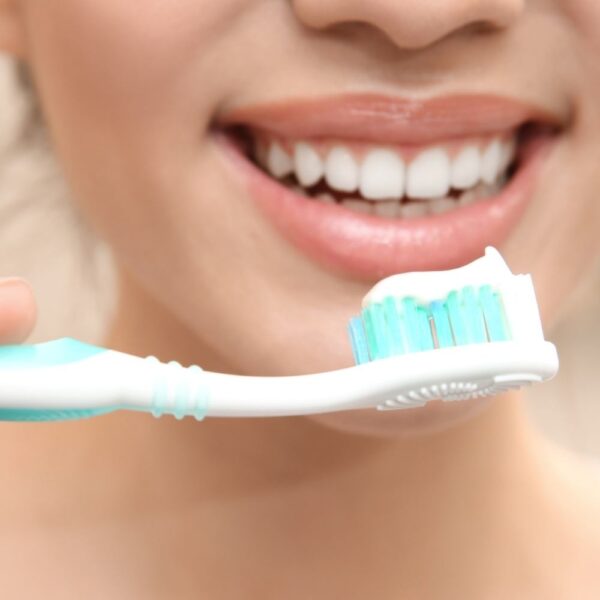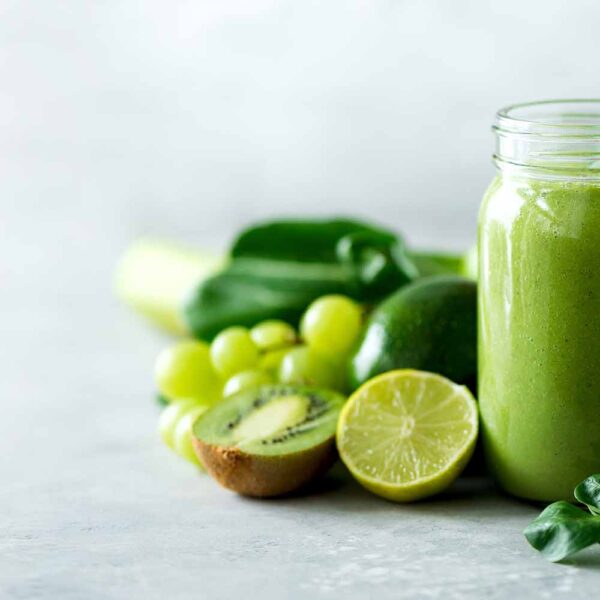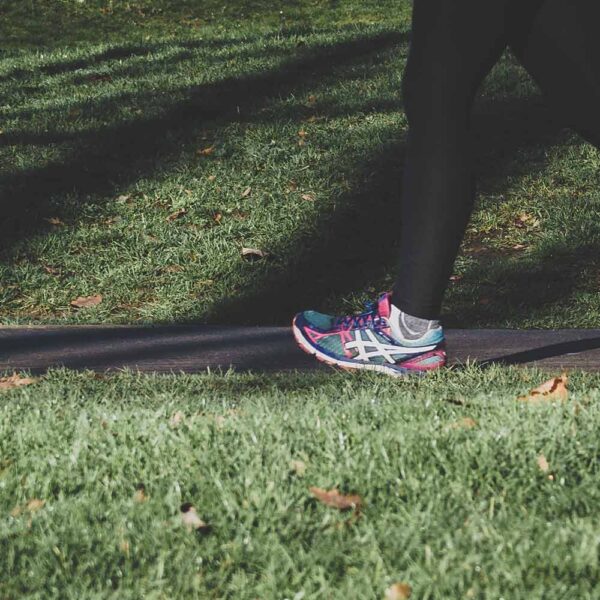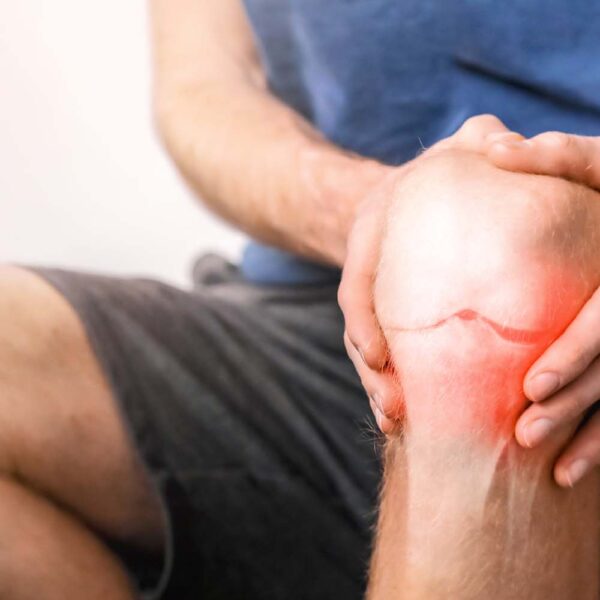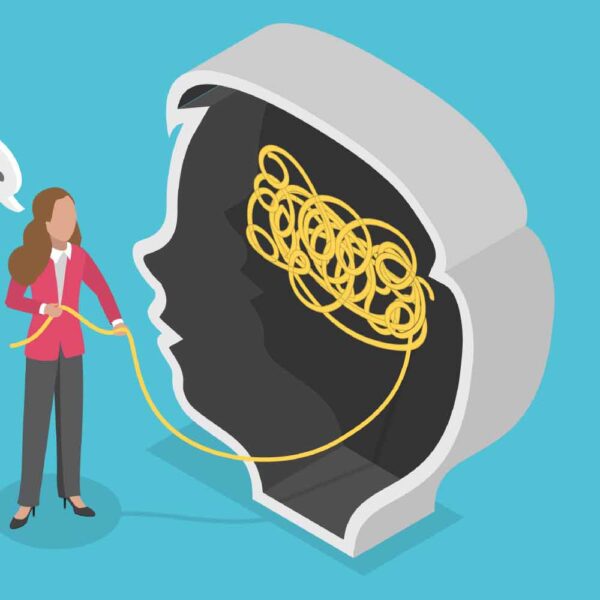If you have been diagnosed with osteopenia or osteoporosis, chances are you’ve been prescribed a bisphosphonate drug. But sadly, bisphosphonates (BP) are not all they are ‘cracked’ up to be (no pun intended!)
Bisphosphonates & Femur Fractures. According to a published study, BPs – a drug millions of women take to ‘strengthen’ their bones – may cause “unusual femur fractures.” What’s so unusual about these femur fractures (aka thigh bone), you ask? Well, they were all caused by falls of standing height or less – meaning these people didn’t fall off ladders or down a flight of stairs. In fact, according to the senior study author, the women were “basically doing nothing” when their legs broke. And it turns out that 37% of the women who experienced these fractures had been taking BP for years, most for at least seven years. Talk about a product not working as expected!
If you want to strengthen bone and prevent bone density loss there are a few guidelines here which will help you immensely:
- Cut the sugar and high carb diet
- Eat more animal protein – it strengthens bone!
- Take a high-dose vitamin D3 (not D2 from the chemist) supplement
- Take a vitamin K2 (not K1) supplement – this builds bone
- Use my Pure Hydrolysed Collagen – powerful bone builder
It’s that simple! I see miracles all the time on this simple recipe. You can get all these from my online store here


